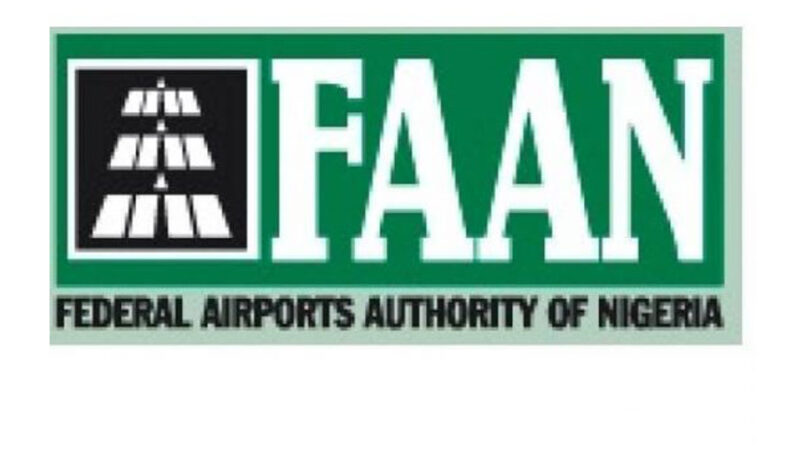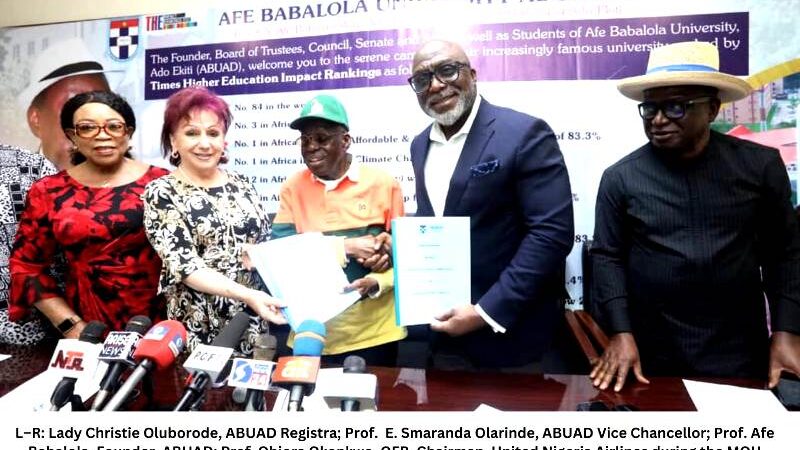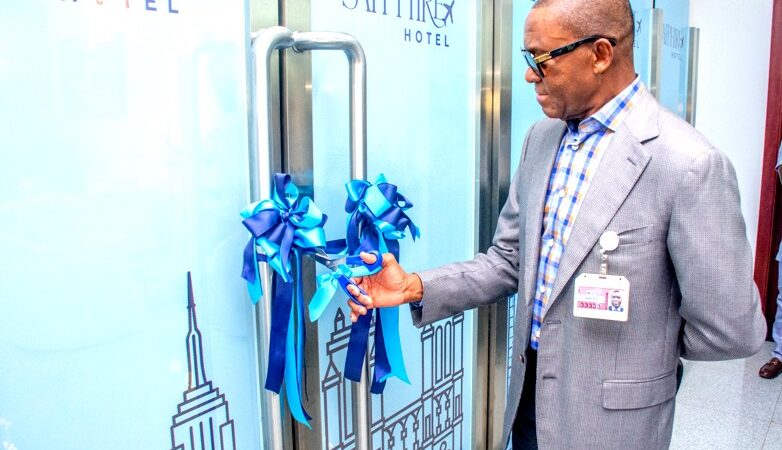NSIB Wants NCAA To Conduct Regular SMS Assessments On Max Air
The Nigeria Safety Investigation Bureau (NSIB) has issued recommended that NCAA should conduct regular Safety Management System (SMS) assessments to evaluate the capability of Max Air limited to effectively manage safety.
This is part of the Immediate Safety Recommendations contained in the NSIB preliminary report on the serious incident involving a Boeing 737-400 aircraft operated by Max Air Limited with Nationality and registration marks 5N-MBD, which occurred between take off at Yola, Airport Adamawa State and on landing at Nnamdi Azikiwe International Airport, Abuja Nigeria on 7 May 2023.
The report further states that “Max Air Limited Quality Assurance should ensure maintenance activities are supervised and monitored in accordance with Maintenance Control Manual” and that NCAA should “Ensure that the PMI and POI of Max Air Limited increase surveillance and oversight to ensure maintenance and flight operations are carried out in accordance with NCAA Technical Guidance Material (TGM) Volume IV (Airworthiness Inspector’s Handbook) Chapter 23 (Continuing Surveillance) and TGM Volume III Flight Operations Inspector’s Handbook Chapter 30 (Continuing Surveillance).”
“Max Air Limited should ensure that flight crew display good situational awareness and airmanship at all times during conduct of flight operations in accordance with Max Air ops manual. NCAA should invoke the relevant sections of Nig.CARs 2015 in accordance with IS 1.3.3 Legal Enforcement Actions to non-compliant operators with the AOL (NCAA/FSG/AOL/19/03) on continuous overwriting of Cockpit Voice Recorder (CVR) Information. NCAA should ensure FAAN/NAMA provide uninterrupted power supply in order to avoid vulnerability of their operational equipment,” states the report.
NSIB’s Initial Findings on the incident are that “the flight crew were licensed and qualified to conduct the flight. The aircraft had a valid Certificate of Airworthiness.
At 12:10 h 5N-MBD departed Nnamdi Azikiwe International Airport (DNAA) for Yola (DNYO) as NGL1648 and arrived Yola at 13:25 h. The aircraft was on ground Yola for about 30 minutes before the turn around for Abuja. According to the flight crew, after takeoff the landing gear was left extended for 3 minutes to allow cooling due high temperature on ground Yola.
At 14:08 h, Nigerian Air Force personnel from the Air Force Hanger close to runway 35, reported to Yola Control Tower that an object appearing like a tyre fell off from the departing NGL1649. Yola DATCO promptly informed the Pilot of NGL1649 as well as Kano Area Control (ACC) and Abuja Tower. The flight purser (L1) and another cabin crew (L2) informed the Pilot that a passenger at seat row 24 informed them about seeing a wheel fall off from the airplane. The Pilot mentioned that instruments and landing gear indications were normal.
At 14:51 h Yola ATC informed Abuja Tower and NGL1649 that nothing was found after the runway inspection. According to the Pilot, the landing was normal but after the airplane started decelerating he noticed the port sidewing was dropping lower than normal, he applied full aileron control to keep the wing from dropping until the lift decayed. Thrust reverser and minimal braking was used to stop the aircraft on the runway.
At 14:57 h, Abuja ATC informed NGL1649 “be advised, it appears you have smoke around your aircraft. We have called fire watch room”, the Aerodrome Rescue and Fire Fighting Services (ARFF) and emergency services were alerted. The aircraft came to a stop between Link A5 and A6 about 2900 m from the threshold of runway 22. The port wheel assembly was located by personnel of the Federal Airports Authority of Nigeria (FAAN) about 1000 m from threshold of Runway 35 Yola airport on 08th May, 2023.
The roller bearings on the wheel assembly of No. 1 main wheel had discoloration and was burnt out. The CVR recording was found to be overwritten. Max Air Limited stated that they were unaware of the NCAA All Operators Letter (AOL) (NCAA/FSG/AOL/19/03) in respect of continuous overwriting of Cockpit Voice Recorder (CVR) Information.
There was wrong tech log entry of the serial number of the incident aircraft. The quality control department did not supervise the maintenance action of the brake unit and wheel change on 5N-MBD conducted on 5th May 2023. The crew did not take adequate measures to confirm the information about the missing wheel assembly. There was severe fire damage on the No. 2 main wheel assembly.
After the replacement of the wheel brake on the 5th May 2023, an aircraft mechanic crosschecked the work performed by the engineer. The Yola ATC Voice Recording System (VRS) did not record any communication between the Pilot and the duty controller on the day of the occurrence.”
Further investigations to be conducted by NSIB are inspection of the roller bearing and other accessories, retrieval of pertinent document from Max Air limited and other stakeholders and pertinent factors leading to drafting of the final report.






